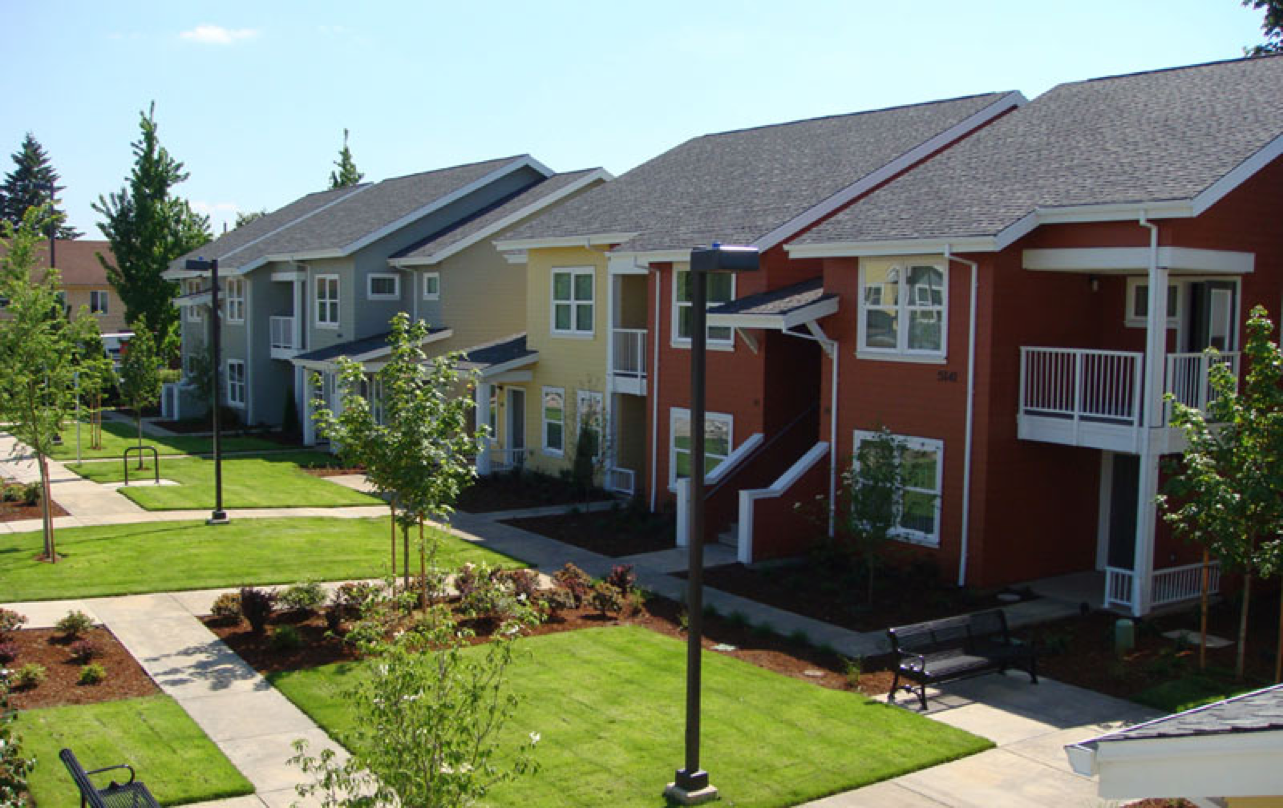Stories from inside the battle for successful children and families
Published by USC Bedrosian Center on
by Dr. Raphael Bostic, President & Chief Executive Officer, Federal Reserve Bank of Atlanta, Professor, University of Southern California, Price School of Public Policy and Sheryl Whitney, Partner, Whitney Jennings
Opportunity. It has become the buzz word for policymakers across the political spectrum. From Paul Ryan to Barack Obama and Bernie Sanders to Donald Trump, everyone seems to trumpet the importance of Americans having access to good jobs, quality housing, strong education, healthy food, safe streets, clean air and water.[1] But the more fundamental question is this: What can communities actually do to increase the likelihood that Americans have real access to opportunity?
This is the question we will be trying to answer via a new research effort, which we call the Access to Opportunity Project. Funded by the Open Society Foundations and the JP Morgan Chase Foundation, the Access to Opportunity Project seeks to demonstrate how purposeful, coordinated actions and policies undertaken by the public, non-profit, and private sectors can influence access to amenities that provide opportunities for poor families. We are also deeply interested in patterns of segregation and hope to understand the role it plays in outcomes for families.
The Project was born from equal parts frustration and confidence. Frustration that after participating in years of discussion, argument and debate from within the walls of the Department of Housing and Urban Development (HUD), we felt no closer to understanding which housing programs and policies had the power to change the trajectory of the lives of people living in poverty. But also, great confidence that the answers to this question were knowable. We knew our HUD colleagues were providing leadership that was smart, passionate and deeply rooted in data. And we saw first-hand that housing, health and economic development practitioners across the country were engaged in creative and promising work. We wanted to connect the dots.
We left HUD intent on developing a playbook that could be used by both policymakers and frontline organizations to understand the quantitative and qualitative outcomes of programs designed to support families as they move toward stronger and more stable lives.
Our project is currently focused on the metropolitan areas encompassing Seattle, Washington; Portland, Oregon; and San Diego, California. These cities were selected for a variety of reasons. First, they represent regions that have purposefully delved into social and economic equity in accordance with their various strengths and cultural histories. They also represent rapidly growing cities with immigration patterns and neighborhood transitions that reflect changes beginning to take place in many parts of the country. As western regions they also bring an important perspective to the national equity conversation that is often informed by northeastern experiences. And while they are all located along the west coast, they span a broad set of proficiencies and circumstances.
The Projects
Our ultimate goal is to build the playbook based on the local experiences with policies across a broad spectrum of strategies and approaches. We identified many projects in our three regions that are good candidates for review. However, for tractability purposes, we decided to start with three studies, one from each metropolitan area.
Seattle: A Regional Coalition for Housing (ARCH)
ARCH is a partnership between King County and 15 relatively affluent east King County cities whose aim is to preserve and increase the supply of affordable housing for low and moderate-income people, seniors, and people with special needs in the region. The cities in this coalition are home to Microsoft, Expedia, PACCAR, T-Mobile, Nintendo of North America and numerous high growth technology sector companies. These cities enjoy vast employment opportunities, strong schools, and neighborhoods that are rich in amenities. ARCH represents a regional approach, working from the theory that pooled resources are the best way to attract affordable-housing development on the scale that’s required.
Faculty Lead: Dr. Emily Lieb, Seattle University
Portland: Humboldt Gardens
Humboldt Gardens is a HomeForward (Housing Authority of Portland) multifamily community in Northeast Portland that serves as a site for understanding residents’ strategies for accessing ‘opportunity’ through both family self-sufficiency programming and available neighborhood amenities. Since the site’s HOPE VI redevelopment, there have been different types of resident services available and the surrounding neighborhood has undergone significant economic and demographic changes, providing different sets of opportunities. Residents can participate in GOALS to access case management and an Individual Development Account savings program, but are not required to do so. The research asks how residents access and experience site programming and neighborhood amenities as part of their strategies for achieving their life goals.
Faculty Lead: Dr. Lisa K Bates, Portland State University
Research Team Members: Dr. Andrée Tremoulet; Aaron Johnson, Amani Austin
San Diego: The Achievement Academy
In San Diego, researchers are engaging in an analysis of comparative effectiveness of three programs within the San Diego Housing Commission. The Achievement Academy is an optional program offered to Section 8 voucher recipients. In addition to a variety of classes and professional development opportunities, one of the key aspects of the Achievement Academy is the opportunity to accumulate money in an escrow account, at no cost to the Section 8 participant. The escrow funds can be used by the recipient as he/she wishes, but it is hoped funds will be used to assist in the purchase of a home or for a deposit on an apartment in a higher-opportunity neighborhood where the participant will have better access to opportunities to become self-sufficient.
Faculty Lead: Dr. Shawn Flanigan, San Diego State University
Research Team Members: Marlyn Carrillo, Alexandra Metz, Stefanie Trompeter-Rolon, graduate research assistants. Nancy Nguyen, undergraduate research assistant
Capacity Building & Local Partnerships
The inclusion of our research partners from nationally recognized and locally respected universities and faculty is an important aspect of the Access to Opportunity Project. We are very excited to have found talented faculty partners and believe they are extraordinary assets to this work based on their knowledge of the local history of economic and social equity issues as well as the current environment surrounding low-income families. Our hope is that their participation in the Project will strengthen ties to their local communities and reinforce an enduring connection that results in collaboration on other local policy challenges.
Please Follow Our Progress!
We invite you to follow our progress in the months ahead as we document what works in lives of low-income families as told by data and the gracious individuals participating in our studies.
Dr. Raphael Bostic, President & Chief Executive Officer, Federal Reserve Bank of Atlanta, Professor, USC Price School of Public Policy
Sheryl Whitney, Partner, Whitney Jennings






